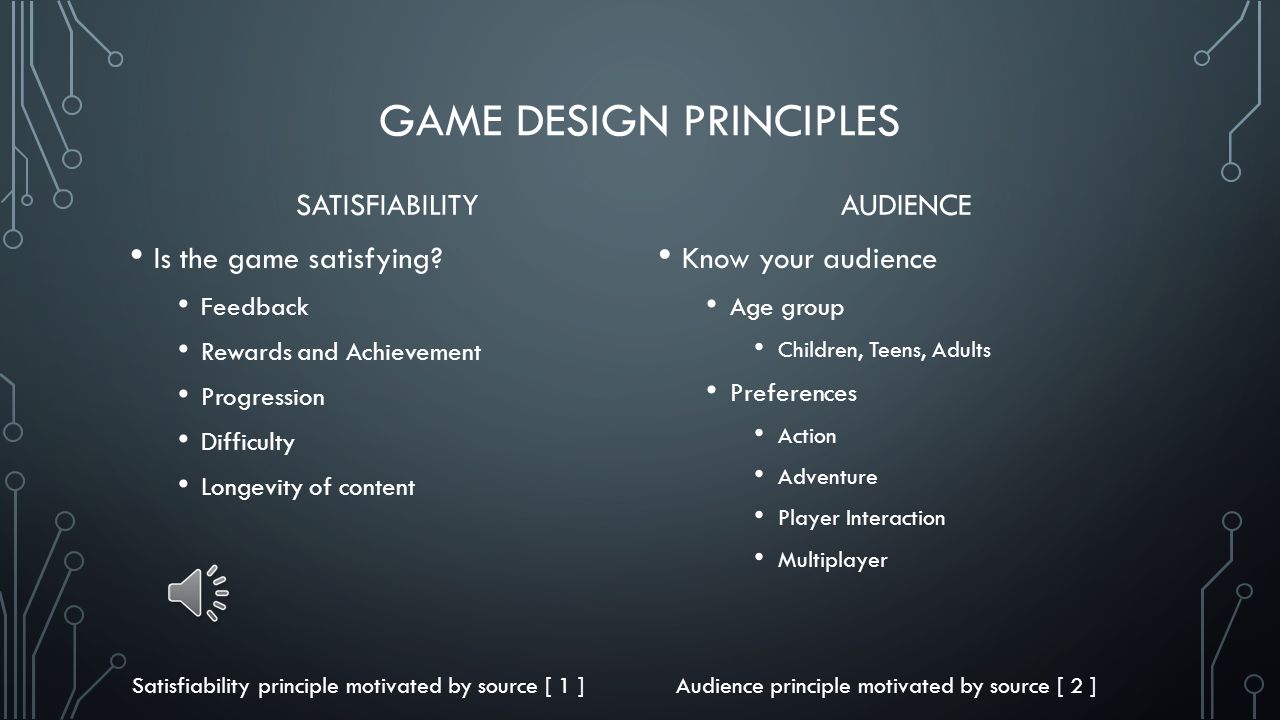
Crafting Virtual Realities: Game Design Principles for Programmers
Game design is a multidisciplinary field that seamlessly blends creativity and technology. For programmers delving into game development, understanding fundamental game design principles is paramount. This article explores key principles that bridge the gap between coding expertise and creating captivating gaming experiences.
The Marriage of Code and Creativity
Game development requires a unique fusion of programming skills and creative thinking. Programmers transitioning to game design must embrace the marriage of code and creativity. Understanding the player’s perspective, storytelling, and visual aesthetics becomes as crucial as writing efficient and bug-free code.
User Experience (UX) in Game Design
User experience is at the heart of successful game design. Programmers need to prioritize creating seamless and enjoyable experiences for players. This involves optimizing gameplay mechanics, ensuring responsive controls, and fine-tuning every aspect that contributes to a positive user experience. Striking a balance between challenge and enjoyment is key.
Game Mechanics: The Foundation of Interaction
Game mechanics form the foundation of player interaction. Programmers must delve into the intricacies of designing mechanics that engage and immerse players. This includes defining rules, rewards, and challenges that provide a satisfying and compelling gameplay experience. Well-crafted game mechanics are the backbone of any successful game.
Understanding Player Psychology
To excel in game design, programmers must delve into player psychology. Knowing how players think, what motivates them, and understanding their emotional responses is essential. This understanding guides the creation of game elements that resonate with players, keeping them invested in the gaming experience.
Balancing Difficulty and Accessibility
Balancing difficulty levels is an art in game design. Programmers need to strike a delicate balance between providing a challenging experience for seasoned players and ensuring accessibility for newcomers. Implementing scalable difficulty levels, adaptive learning curves, and dynamic challenges contributes to a game’s widespread appeal.
Storytelling and Narrative Design
Game design extends beyond gameplay mechanics; it involves storytelling and narrative design. Programmers must appreciate the impact of a compelling narrative on player engagement. This includes writing clean and efficient code to support intricate storylines, character development, and creating a cohesive gaming world.
Visual and Audio Elements: Crafting Immersive Worlds
Creating immersive game worlds requires attention to visual and audio elements. Programmers play a crucial role in optimizing graphics, implementing realistic physics, and integrating captivating soundscapes. The synergy between coding precision and creative design transforms a game into a visual and auditory masterpiece.
Iterative Development and Playtesting
Game design is an iterative process, and programmers should embrace continuous refinement. Regular playtesting, gathering player feedback, and making incremental improvements based on observations are vital aspects of game development. This iterative approach ensures that the game evolves into a polished and player-friendly experience.
Multiplayer and Social Interaction
Modern games often incorporate multiplayer and social interaction features. Programmers must consider the technical aspects of implementing seamless online multiplayer experiences, social features, and collaborative gameplay. This involves networking, server management, and creating environments conducive to social interactions within the gaming community.
Adapting to Technological Advances
In the dynamic field of game design, staying abreast of technological advances is imperative. Programmers must be adaptable, ready to embrace new tools, frameworks, and technologies that enhance the gaming experience. This adaptability ensures that games remain relevant in the ever-evolving landscape of technology.
Visit Game design principles for programmers to explore resources, tools, and insights into mastering the art of game design. Whether you’re a seasoned programmer venturing into game development or an aspiring game designer honing your skills, these principles serve as a guide to craft virtual realities that captivate players.
